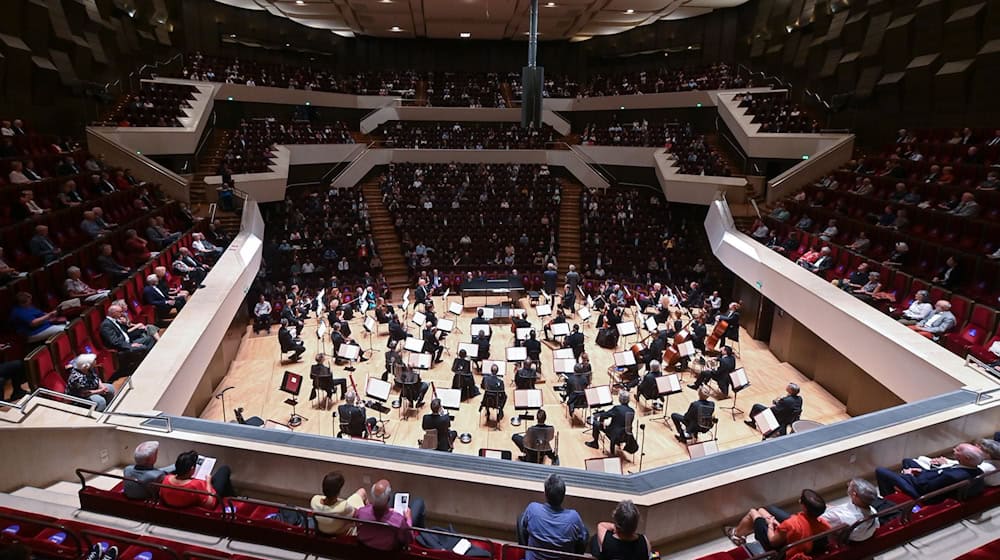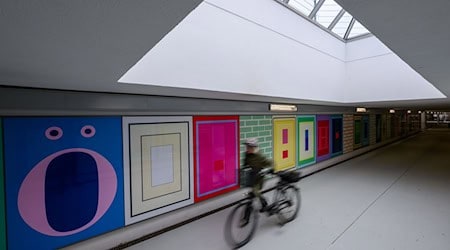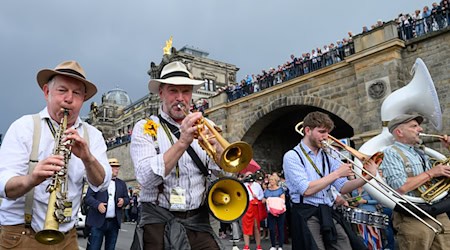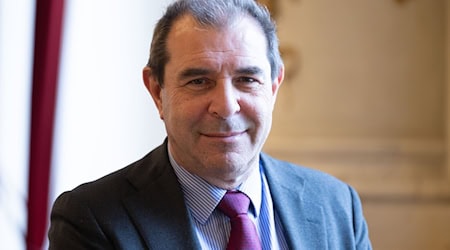The major Saxon orchestras are on the lookout for new audiences and are extremely keen to experiment. Whether it's concerts for babies or dementia patients, the "after-concert party" at the bar or performances in unusual places - young audiences in particular should lose their fear of classical music concerts with their rituals and be able to experience the musicians up close.
"Igniting this flame for music in young people is one of our main tasks. We do everything we can to achieve this," explained Frauke Roth, Director of the Dresden Philharmonic Orchestra. Her orchestra advertises, for example, with concerts that last no longer than an hour and serve up classical hits. The musicians sit on stage in casual attire and the audience can read details of the pieces on their cell phones.
The Robert Schumann Philharmonic Orchestra in Chemnitz prepares concerts for dementia patients and their relatives and aims to combine classical music with other styles in cross-genre programs. The Leipzig Gewandhaus Orchestra is also putting on a similar program with its new "ConFusion" series. From June, the Staatskapelle Dresden will be inviting people to the "Concert Lounge" to talk to the artists after the concert.
In the wake of the coronavirus pandemic, orchestras have noticed changes in consumer behavior: Ticket sales are now much more spontaneous. Music lovers no longer want to make a long-term commitment and prefer to queue at the box office. New audiences in particular want to be addressed in a more personalized and direct way, said Claudia Woldt, spokesperson for the Dresden Philharmonic Orchestra.
Copyright 2025, dpa (www.dpa.de). All rights reserved










